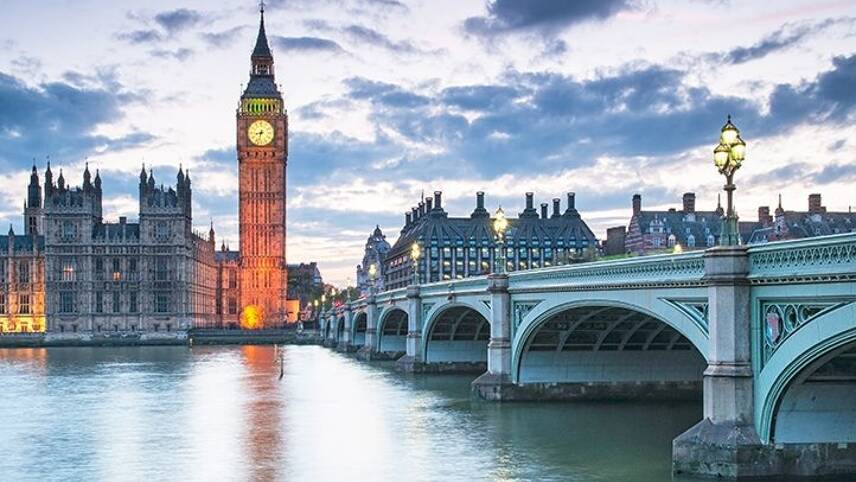Register for free and continue reading
Join our growing army of changemakers and get unlimited access to our premium content

The findings come from the latest State of the State, an annual report on attitudes to government and public services published by Deloitte and Reform, an independent think tank. The report features the results of a survey of almost 6,000 UK citizens.
The main finding of the report is that less than a quarter (23%) are “very” or “fairly confident” that the UK will meet its net-zero target for 2050. In contrast, 70% do not believe the target will be met.
Respondents cited switching away from fossil fuels as the biggest change that the Government could make to deliver net-zero, cited by 45%. Earlier this week, however, the UK Government held its second reading in Parliament of new legislation designed to force mandatory annual licensing rounds for expanded North Sea oil and gas extraction.
As well as facing opposition on climate grounds, questions have been asked about whether the Bill would result in any meaningful reductions to energy bills or have a significant impact on preserving energy sector jobs.
Other priority actions for the Government cited by respondents include promoting clean transport. However, only 12% of respondents said they planned to switch to electric vehicles (EVs) in the next few years.
Deloitte’s UK head of government and public services Jayson Hadley said: “Our survey outlined two conclusions about the general public mood on achieving net-zero: it’s a priority, but not something they expect will massively change their lifestyles.
“All of this suggests there is more work to do in order to convince the public that net zero is achievable and that this relies on their participation. There needs to be a broader shift towards more sustainable lifestyles and environmentally conscious public policy, if the UK is to make its transition to a greener economy.”
The survey highlighted discrepancies in answers based on profile. One-third of younger people (aged 16-34) were confident about the net-zero target, compared to just 13% of the 55-64 age group and 14% of the 65-75 age group.
The findings match a public attitudes tracker from the Government.
In September 2023, a survey from the Department for Energy Security and Net-Zero (DESNZ) found that 71% of over-16s in the UK do not believe the nation is on track to meet its legally binding 2050 net-zero target.
Of these people, 45% said they were ‘not very confident’ that the UK will reach its 2050 climate target. A further 26% were ‘not at all confident’. Overall, less than one-fifth (17%) of those polled said they are confident. Confidence was weaker among those educated to a degree level or higher.
The Climate Change Committee’s (CCC) latest report to Parliament on the net-zero transition concluded that progress, in the main, has been “worryingly slow”. This has particularly been the case with moving the dial on emissions from heavy industry and buildings.
Lifestyle changes
The Deloitte survey also tracked public attitudes toward becoming more sustainable, ranking the solutions that could deliver the biggest impacts.
Recycling and reducing waste was highlighted by 35% as the biggest driver in sustainable living that the public could do. Flying less (16%), switching to EVs (16%) also appear as solutions, while 21% said they would change shopping habits.
Again, habits vary based on age. People aged 55-75 are more likely to say they plan to recycle more (58%), drive less (24%) and fly less (20%) compared to other age groups. At the other end of the spectrum, younger people are more likely to switch to low-carbon heating.
There are also some notable differences based on gender. More than half of women surveyed said they would recycle more, compared to 44% of men.


Please login or Register to leave a comment.